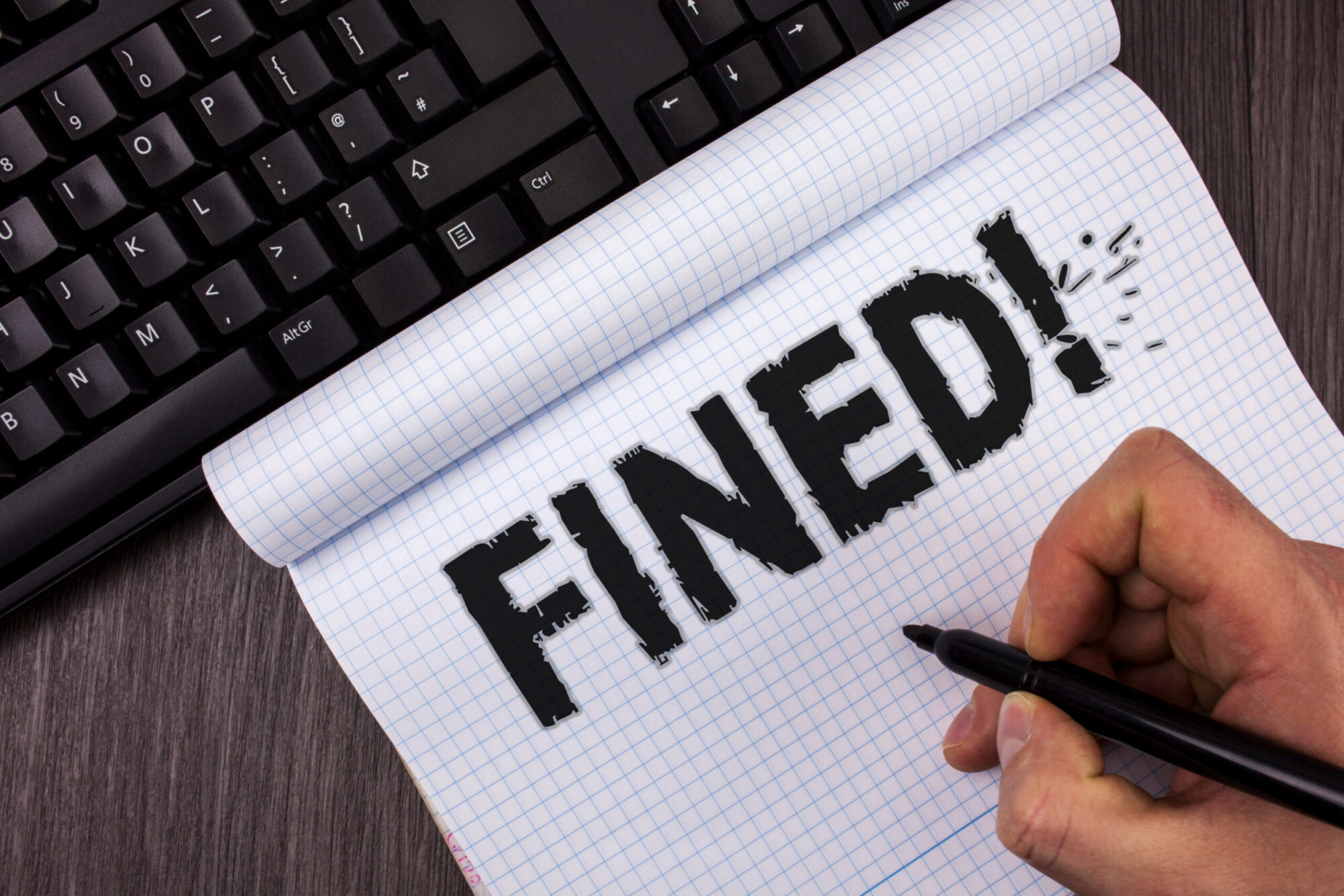In Illinois, it’s unlawful for a person to drive or be in “actual physical control” of a motor vehicle:
- With A blood alcohol concentration (BAC) of at least .08%
- while under the influence of alcohol
- While under the influence of alcohol, intoxicating compounds, drugs, or a combination thereof to the extent that renders the person incapable of driving safely
- with any amount of a controlled substance in the person’s blood, urine, or other bodily substance, or
- With a tetrahydrocannabinol (THC) concentration of five nanograms or more in the blood or ten nanograms or more in another bodily substance. And within two hours of driving or being in actual physical control of a vehicle.
So, you can get a DUI based on actual impairment or the number of substances (drugs or alcohol) in your system.
Penalties Imposed for Convictions
A driving under the influence (DUI) arrest typically leads to an administrative “statutory summary suspension” of an offender’s license under Illinois’s implied consent law. When a conviction occurs in court, criminal penalties and administrative consequences apply.
Criminal Penalties
Generally, the criminal penalties imposed for DUI convictions are more severe if:
- the defendant’s BAC was .16% or more (get an idea of how many drinks it takes)
- there was a passenger under the age of 16 in the vehicle, or
- the defendant has prior DUI convictions.
The chart below details the minimum and maximum penalties for first, second, and third DUI convictions.
1st offense
2nd Offense
3rd Offense
Jail and Community Service
1st offense
Maximum: 364 days
Six months (if a passenger is under 16 years)
100 hours of community service (if BAC .16% or more)
2nd Offense
Five days (or 240 hours of community service) to 364 days
Minimum: 2 days (if BAC .16% or more)
Ten days (or 480 hours of community service) to 7 years (if a passenger is under 16 years)
3rd Offense
Ten days (or 480 hours of community service) to 7 years
Minimum: 90 days (if BAC .16% or more)
Fines
1st offense
Maximum: $2,500
Minimum: $500 (if BAC .16% or more) and $1,000 (if passenger under 16 years)
2nd Offense
Maximum: $2,500
Minimum: $1,250 (if BAC .16% or more)
$2,500 to $25,000 (if passenger under 16 years)
3rd Offense
Maximum: $25,000
Minimum: $2,500 (if BAC .16% or more) and $25,000 (if passenger under 16 years)
License Revocation
1st offense
One year (2 years if under 21 years of age)
2nd Offense
Five years
3rd Offense
Ten years
Additionally, all DUI offenders who had a passenger under the age of 16 in the vehicle at the time of the Offense must complete 25 days of community service in a program benefiting children.
Implied Consent and Refusing Chemical Testing in Illinois
Under Illinois’s implied consent law, all drivers consent to giving a chemical test of breath, blood, urine, or another bodily substance if there’s probable cause to believe the person is under the influence.
The Illinois Secretary of State will automatically suspend the license of any motorist who fails or refuses to submit to chemical testing. This administrative suspension is known as a “statutory summary suspension.”
Generally, a person fails a chemical test if it discloses:
- a BAC of .08% or more
- five nanograms or more of THC per milliliter of blood or ten nanograms or more per milliliter of another bodily substance, or
- Any amount of a controlled substance in the person’s blood, urine, or other bodily substance.
A driver under 21 years of age is subject to a zero-tolerance suspension if a chemical test discloses a BAC of more than .00% but less than .08%. The statutory summary suspension applies to an underage offender whose BAC is .08% or more.
Motorists who fail or refuse to submit to chemical testing face the following suspension periods:
1st Offense
2nd Offense
3rd Offense
Suspension Period for Failed Test
1st Offense 6 months
2nd Offense 1 year
3rd Offense 1 year
Suspension Period for Test Refusal
1st Offense 1 year
2nd Offense 3 years
3rd Offense 3 years
Suspension Period for Failed Test (Underage)
1st Offense 3 months
2nd Offense 1 year
3rd Offense 1 year
Suspension Period for Test Refusal (Underage)
1st Offense 6 months
2nd Offense 2 years
3rd Offense 2 years
For purposes of Illinois’s implied consent law, a first offender is a person who hasn’t had a prior DUI conviction or a statutory summary conviction within five years of the current Offense.
Other Penalties Imposed for DUI Convictions in Illinois
All DUI offenders must complete an alcohol/drug evaluation. The offender must meet the recommended treatment program if the assessment indicates a substance abuse problem. Offenders are also required to attend a victim impact panel (VIP), a panel comprised of victims of DUI offenders that focuses on the consequences of DUI accidents. The defendant is usually responsible for all evaluation, treatment, and VIP fees.
For second and subsequent convictions, the defendant must hold a restricted driving permit (RDP) for five straight years to obtain full driving privileges after the suspension. A defendant with an RDP can only drive for work, school, medical appointments, alcohol/drug treatment, and other limited circumstances. An ignition interlock device (IID) must be installed and used in the defendant’s vehicle for five years, and the defendant must pay $30 each month using the IID.
Contact Chicago DUI Lawyer Toma Makedonski for a free consultation and inquire about our reasonable low flat DUI fees.

